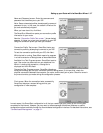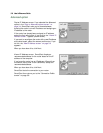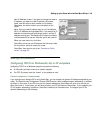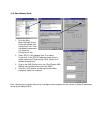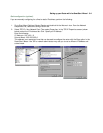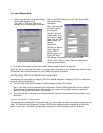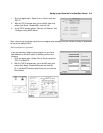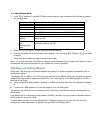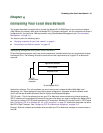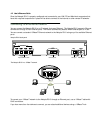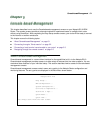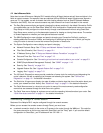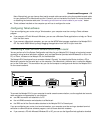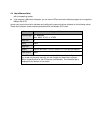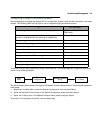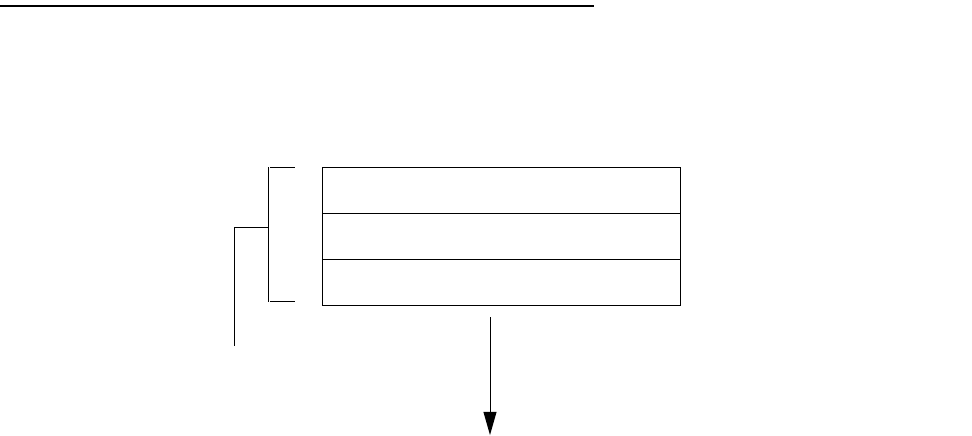
Connecting Your Local Area Network 4-1
CC
CC
hh
hh
aa
aa
pp
pp
tt
tt
ee
ee
rr
rr
44
44
CC
CC
oo
oo
nn
nn
nn
nn
ee
ee
cc
cc
tt
tt
ii
ii
nn
nn
gg
gg
YY
YY
oo
oo
uu
uu
rr
rr
LL
LL
oo
oo
cc
cc
aa
aa
ll
ll
AA
AA
rr
rr
ee
ee
aa
aa
NN
NN
ee
ee
tt
tt
ww
ww
oo
oo
rr
rr
kk
kk
This chapter describes how physically to connect the Netopia R310 ISDN Router to your local area network
(LAN). Before you proceed, make sure the Netopia R310 is properly configured. You can customize the Router’s
configuration for your particular LAN requirements using Console-based Management (see “Console-based
Management” on page 5-1).
This section covers the following topics:
■ “Readying computers on your local network” on page 4-1
■ “Connecting to an Ethernet network” on page 4-2
Readying computers on your local network
PC and Macintosh computers must have certain components installed before they can communicate through
the Netopia R310. The following illustration shows the minimal requirements for a typical PC or Macintosh
computer.
Application software: This is the software you use to send e-mail, browse the World Wide Web, read
newsgroups, etc. These applications may require some configuration. Examples include the Eudora e-mail
client, and the web browsers Microsoft Internet Explorer and Netscape Navigator.
TCP/IP stack: This is the software that lets your PC or Macintosh communicate using Internet protocols.
TCP/IP stacks must be configured with some of the same information you used to configure the Netopia R310.
There are a number of TCP/IP stacks available for PC computers. Windows 95 includes a built-in TCP/IP stack.
See “Configuring TCP/IP on Windows 95, 98, or NT computers” on page 3-9. Macintosh computers use either
MacTCP or Open Transport. See “Configuring TCP/IP on Macintosh computers” on page 3-12.
Ethernet: Ethernet hardware and software drivers enable your PC or Macintosh computer to communicate on
the LAN.
Ethernet Driver
TCP/IP stack
Application software
Your PC
or Macintosh
computer
To the Netopia R310



